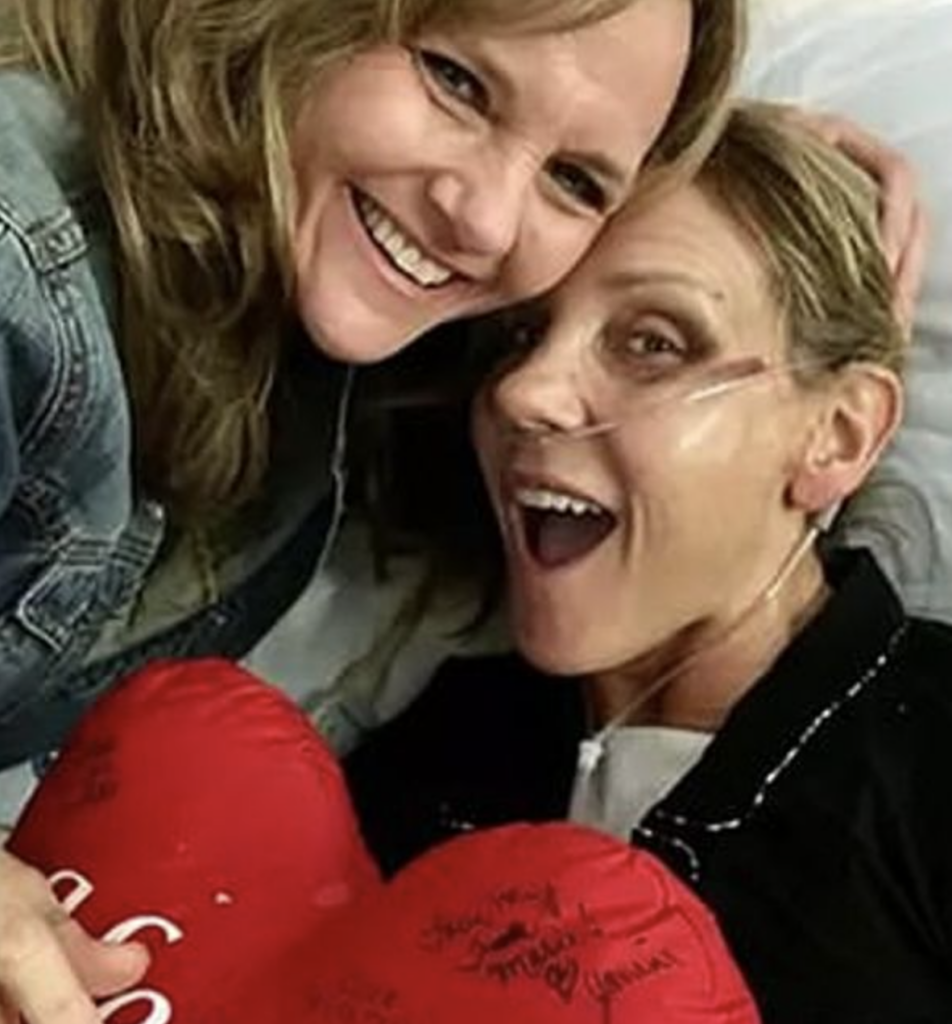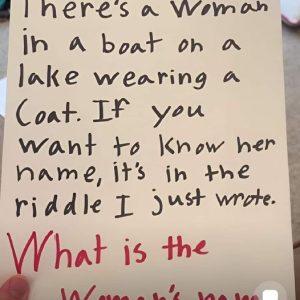Tina Hines miraculously escaped death and, upon awakening, left a disturbing message for her loved ones. Tina and her husband Brian had planned a hike near their Phoenix, Arizona, home last year. Tina had always been in wonderful health, but just as they were about to begin their journey, she fainted.

Brian went into action, crouching alongside his wife, who had gone a deep purple. He revived Tina with CPR. She temporarily recovered consciousness, but Brian had to perform CPR many times before paramedics came.
Tina’s heart stopped six times throughout the scary ambulance ride and subsequent treatment. It was a terrible 27-minute ordeal. Tina was intubated in the ICU and unable to talk, but when she awoke, she signaled for a pen. What she wrote down was both puzzling and profound: “it’s real.”

Tina believes that her message is about a vision of heaven she had while “dead” after having a serious cardiac attack. She described the colors she saw as brilliant, and she remembered seeing a figure standing in front of dark gates with a radiant yellow light behind them, which she thinks to be Jesus.
Tina was unable to speak vocally, but she nodded when her loved ones asked if her experience was genuine. Her tale is inspiring, and I’m grateful to be alive to tell it.

When it comes to cardiac arrest outside of a medical center, survival rates are extremely poor, with about 90% of patients dying. Tina’s life was saved, nevertheless, thanks to Brian’s quick CPR. Bystander CPR boosts cardiac arrest survival rates to more than 45%, compared to only 10% without it (however women are less likely to receive CPR from anybody other than a paramedic).
Cardiac arrest occurs unexpectedly and can be fatal. Even people like Tina, who have no history of cardiac disease or other health concerns, might have an unexpected electrical breakdown that causes their heart to stop. This terrible ailment affects more than 356,000 people in the United States each year.
According to studies on Near-Death Experiences (NDEs), the majority of persons have no recollections from the time they were officially dead, although 10 to 20% claim visual or sensory experiences. Scientists are beginning to understand what happens in the brain when the heart stops beating.

A 2013 study on rats at the University of Michigan discovered an increase in brain activity right before each animal died from a sudden cardiac arrest. The researchers defined this surge as highly stimulated and synchronized brain activity, similar to hyperactivity.
This shows that people who have near-death experiences, particularly those that correspond to their beliefs about the hereafter, may have them as a result of an increase in aware brain activity during the first few moments following death. However, further research is required to give conclusive scientific evidence.
While the lettering on Tina’s message was difficult to see, her family believes the message was clear: heaven is a genuine place. This incredible story is worth telling your relatives and friends to inspire and elevate them.



